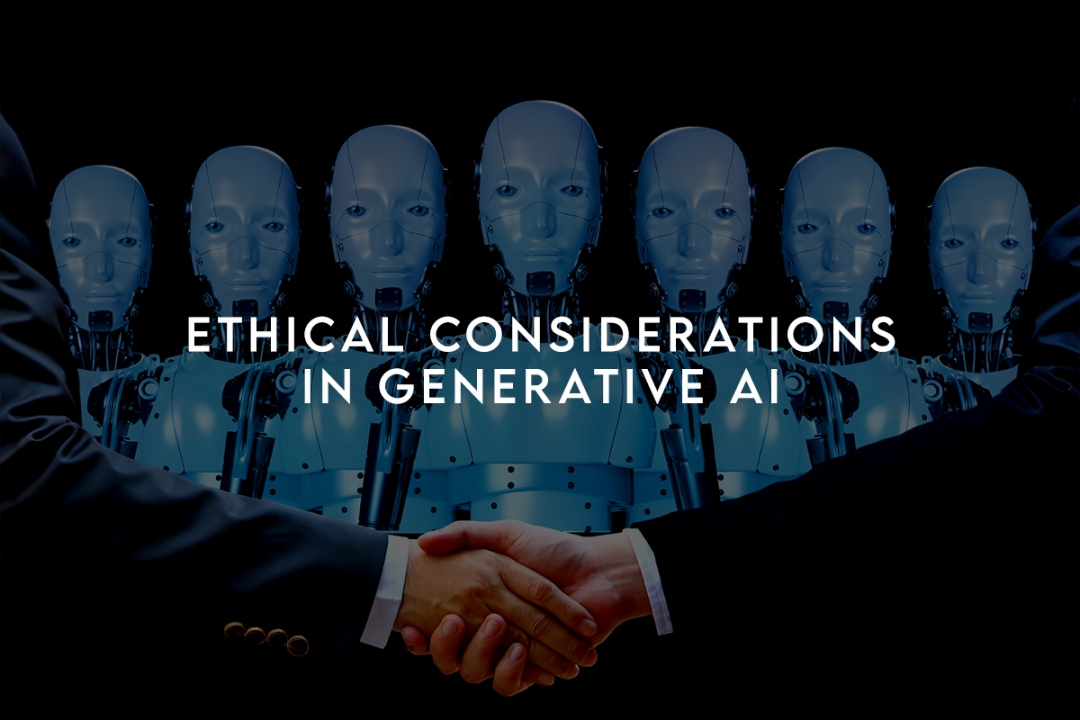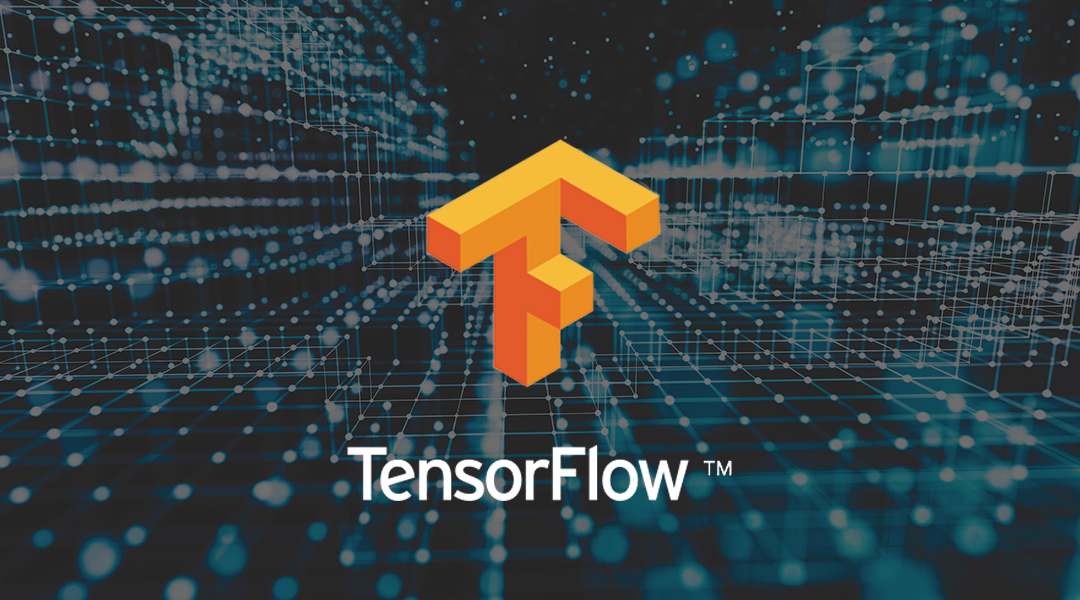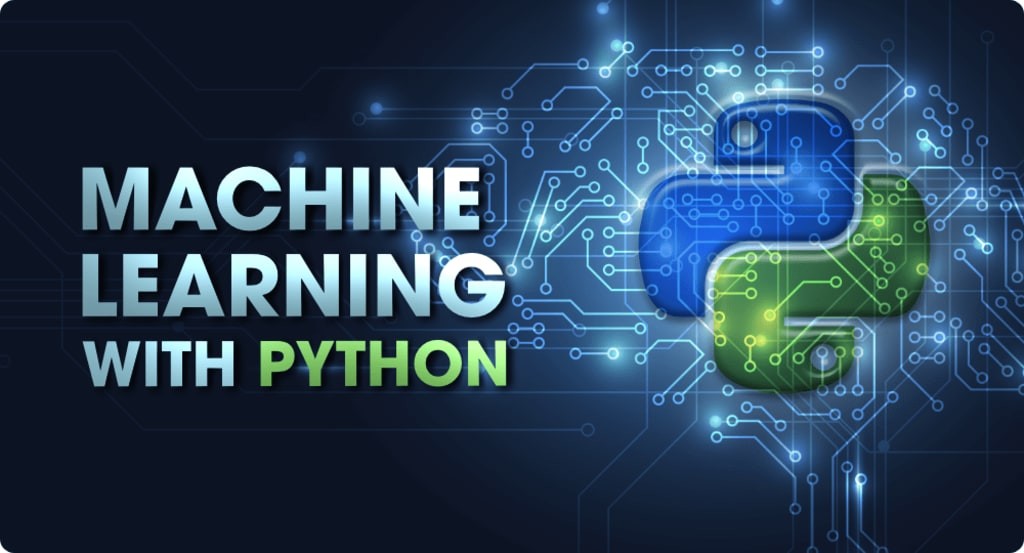Description
Introduction:
The course “Ethics in Generative AI: Addressing Challenges and Bias” is designed to equip AI practitioners, developers, and decision-makers with the knowledge and tools needed to navigate the complex ethical landscape of generative AI. As generative models like GANs, VAEs, and transformer-based architectures become more powerful and pervasive, the ethical implications of their use become increasingly significant. This course explores the potential risks and ethical dilemmas associated with generative AI, including issues related to bias, fairness, transparency, and societal impact. Participants will learn to identify and mitigate biases in AI models, understand the regulatory and legal frameworks surrounding AI ethics, and develop strategies for responsible AI deployment. By the end of this course, learners will be prepared to address the ethical challenges posed by generative AI in a thoughtful and informed manner.
Prerequisites:
- Basic Understanding of AI and Machine Learning: Familiarity with AI concepts and generative models is recommended.
- Interest in Ethics and Social Impact: No prior experience in ethics is required, but a strong interest in the societal implications of technology is essential.
- Experience with AI Development (Optional): While not mandatory, experience in AI development will help participants better understand the technical aspects of bias and fairness in models.
Table of Contents:
- Introduction to Ethics in Generative AI
1.1 Overview of Generative AI and Its Applications (Ref: Generative AI for Testers)
1.2 The Importance of Ethics in AI Development
1.3 Key Ethical Challenges and Dilemmas
- Understanding Bias in Generative AI
2.1 Types of Bias in AI Models
2.2 Sources and Causes of Bias in Generative Models
2.3 Case Studies: Real-World Examples of Bias in AI-Generated Content
- Fairness and Transparency in AI Models
3.1 Defining Fairness in AI: Concepts and Metrics
3.2 Techniques for Ensuring Fairness in Generative AI
3.3 Enhancing Transparency: Explainability and Interpretability
- Regulatory and Legal Considerations
4.1 Overview of AI Ethics Regulations and Guidelines
4.2 Legal Implications of Bias and Unfairness in AI
4.3 Global Perspectives: Comparing Regulatory Approaches
- Mitigating Bias in Generative Models
5.1 Techniques for Detecting and Reducing Bias
5.2 Best Practices for Ethical AI Model Development
5.3 Tools and Frameworks for Bias Mitigation
- Societal Impact of Generative AI
6.1 The Broader Social Implications of AI-Generated Content
6.2 Ethical Considerations in AI-Driven Media and Art
6.3 Addressing Misinformation and Deepfakes
- Building Responsible AI Systems
7.1 Strategies for Ethical AI Deployment
7.2 Incorporating Ethical Guidelines into AI Development Processes
7.3 Case Studies: Successful Implementations of Responsible AI
- Ethics in AI Research and Innovation
8.1 Ethical Considerations in AI Research
8.2 Balancing Innovation with Responsibility
8.3 The Role of AI Ethics Committees and Review Boards
- Future Directions in AI Ethics
9.1 Emerging Ethical Challenges in Generative AI
9.2 The Evolving Role of Ethics in AI Development
9.3 Preparing for Future Regulatory Changes and Societal Expectations
- Hands-on Ethical AI Project
10.1 Project: Analyzing and Mitigating Bias in a Generative AI Model
10.2 Developing a Fair and Transparent AI System
10.3 Presentation and Discussion of Ethical AI Solutions
- Conclusion and Next Steps
11.1 Recap of Key Ethical Principles and Practices
11.2 Resources for Continued Learning in AI Ethics
11.3 Final Q&A and Course Wrap-Up
In conclusion, the course “Ethics in Generative AI” empowers participants to navigate the complex ethical landscape of AI technologies. By understanding biases, fairness, and regulatory frameworks, learners can develop responsible AI systems that prioritize societal well-being. Equipped with practical strategies and insights, participants are prepared to drive ethical innovation in the evolving field of generative AI.
Reference







Reviews
There are no reviews yet.